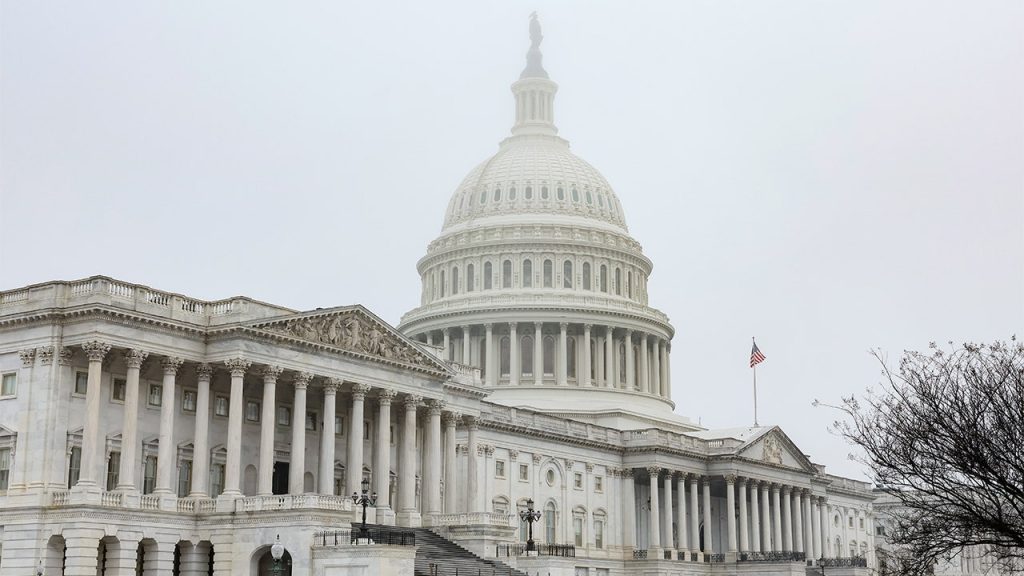The looming threat of a partial government shutdown materialized just after midnight on Saturday as Congress failed to pass a stopgap spending bill before the deadline. This brinkmanship unfolded against the backdrop of a rapidly escalating national debt, which stood at over $36 trillion, adding to the pressure on lawmakers to reach a compromise. While a shutdown technically commenced, the Senate continued working diligently to finalize the spending measure, and expectations were high that it would pass within hours, minimizing any disruption to government services. The near-shutdown highlighted the complex political dynamics at play, particularly the influence of external voices like Elon Musk on legislative priorities.
The initial spending bill, a voluminous 1,547-page document, aimed to extend government funding through March 14, 2024, while also addressing disaster relief needs and providing economic assistance to farmers. However, it quickly became a lightning rod for criticism, particularly from conservative figures like Elon Musk, who took issue with its size and various provisions, including a cost-of-living adjustment for lawmakers. This public outcry ultimately led to its rejection by President-elect Trump and Vice President-elect Vance, forcing a return to the negotiating table.
House Republicans responded to the initial bill’s failure by crafting a revised proposal. This second iteration retained the three-month funding extension and disaster relief provisions but added a two-year suspension of the debt limit, a key demand of President-elect Trump. Despite these adjustments, the bill failed to garner sufficient support in the House, facing opposition from both Democrats and a faction of Republicans, further exacerbating the impasse.
The inability to reach a bipartisan agreement by Friday morning led to escalating tensions and hardened positions. Senate Majority Leader Chuck Schumer and Appropriations Committee Chairwoman Patty Murray publicly declared that a shutdown was inevitable unless Republicans agreed to revert to the original spending bill. Senator Murray’s pointed remark about not letting Elon Musk run the government underscored the growing frustration with external influences on the legislative process. This stalemate set the stage for a potential protracted shutdown, particularly with Senator Murray expressing her willingness to remain in session through the Christmas holiday.
A breakthrough finally emerged on Friday with the House passage of a third version of the spending bill. This final iteration largely mirrored the second proposal, including farmer relief and disaster aid, but crucially omitted the contentious debt ceiling suspension that had been a sticking point for Trump. This compromise garnered broad bipartisan support in the House and secured the endorsement of President Biden, paving the way for its swift passage in the Senate.
The near-shutdown crisis underscored the fragility of the legislative process and the increasing influence of external actors on policy decisions. While the immediate crisis was averted, the episode highlighted the deeper challenges facing the government, including the ballooning national debt and the difficulty of achieving bipartisan consensus on critical spending priorities. The eleventh-hour compromise averted a major disruption to government services, albeit temporarily, leaving the larger fiscal challenges unresolved and setting the stage for future budget battles. The incident also raises questions about the appropriate role of outside voices, such as influential figures on social media, in shaping legislative outcomes.

